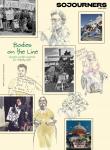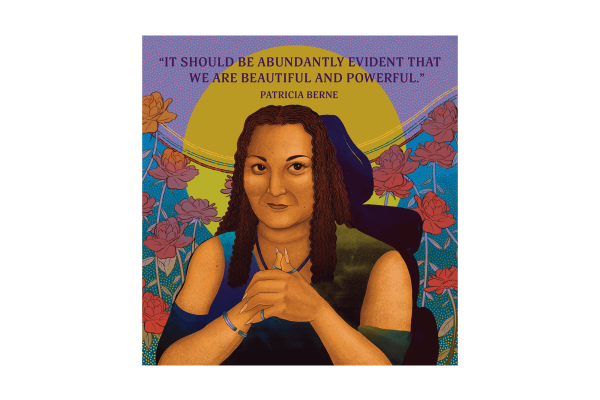OVER THE PAST four or five decades, many Christians have provided leadership and active support for movements to end U.S. wars in Vietnam and Central America, to oppose the nuclear arms race and apartheid in South Africa, and to fight for the rights of racial minorities and immigrants—standing on the side of peace and human rights for a wide variety of people. But not for everybody. Aleja Hertzler-McCain explains in this issue that individual congregations have stepped up on behalf of disability rights, but the broader church has sometimes fallen short. As Nazarene pastor Letiah Fraser put it, “The church is lagging behind mainstream society,” not only in advocating for justice for people with disabilities—which often appears in the form of access—but in particular regarding accommodations and nondiscrimination required by the Americans with Disabilities Act, from which religious institutions are exempt. Hertzler-McCain reminds us that disability justice—like all justice work—is a gospel imperative, and it should be a central component of churches’ engagement with the world around us.

Got something to say about what you're reading? We value your feedback!

